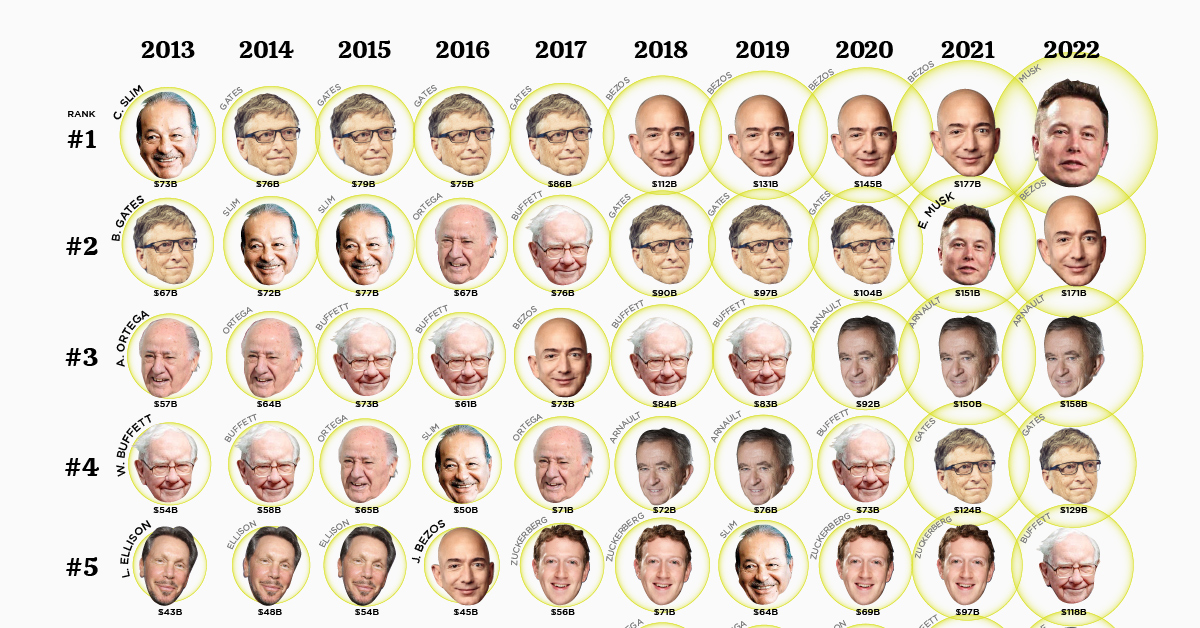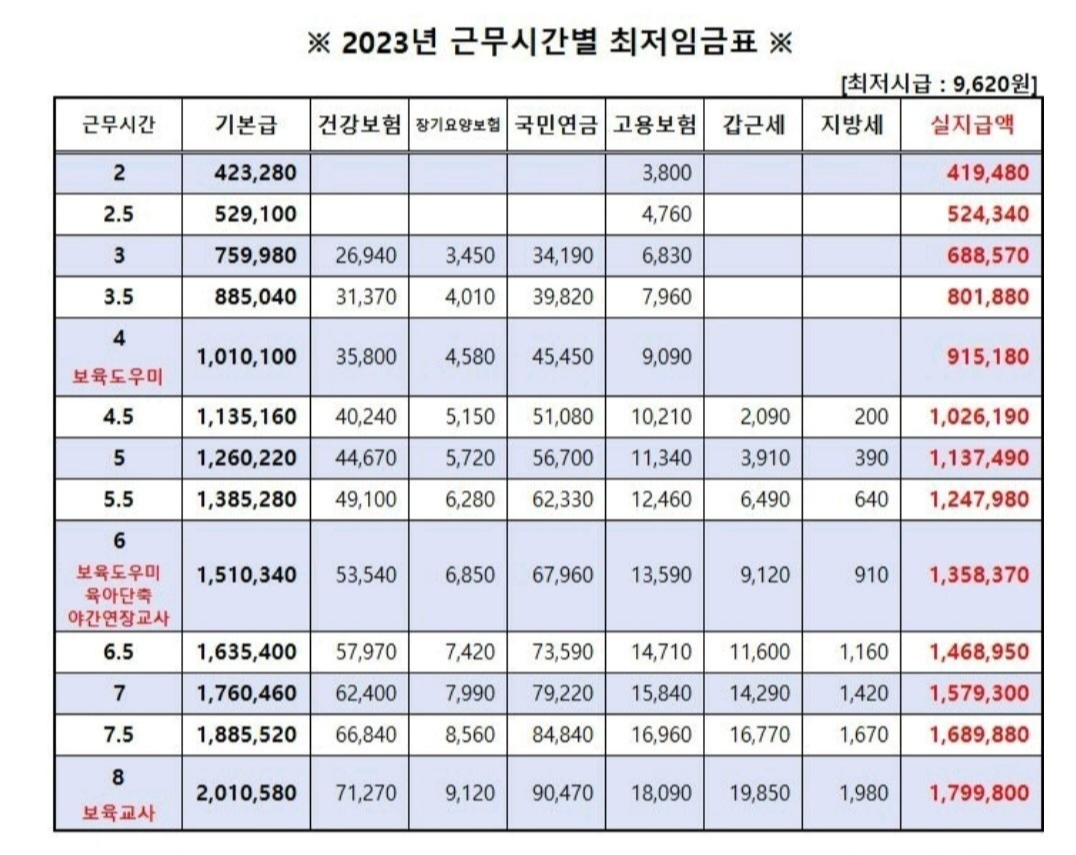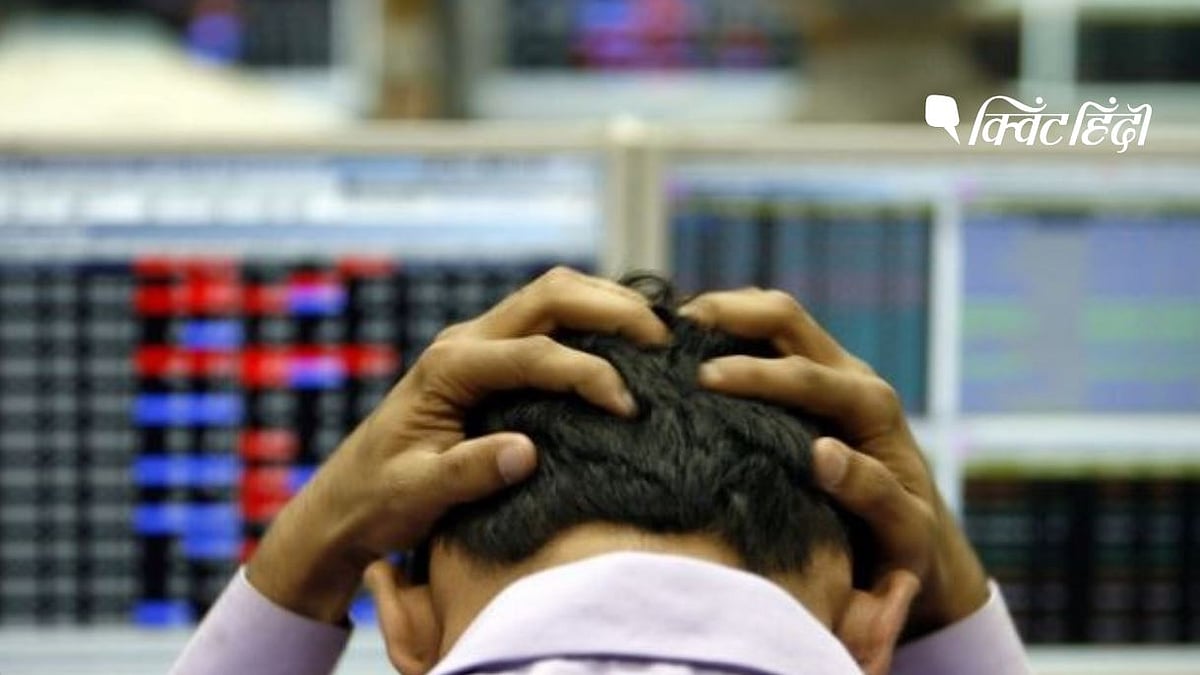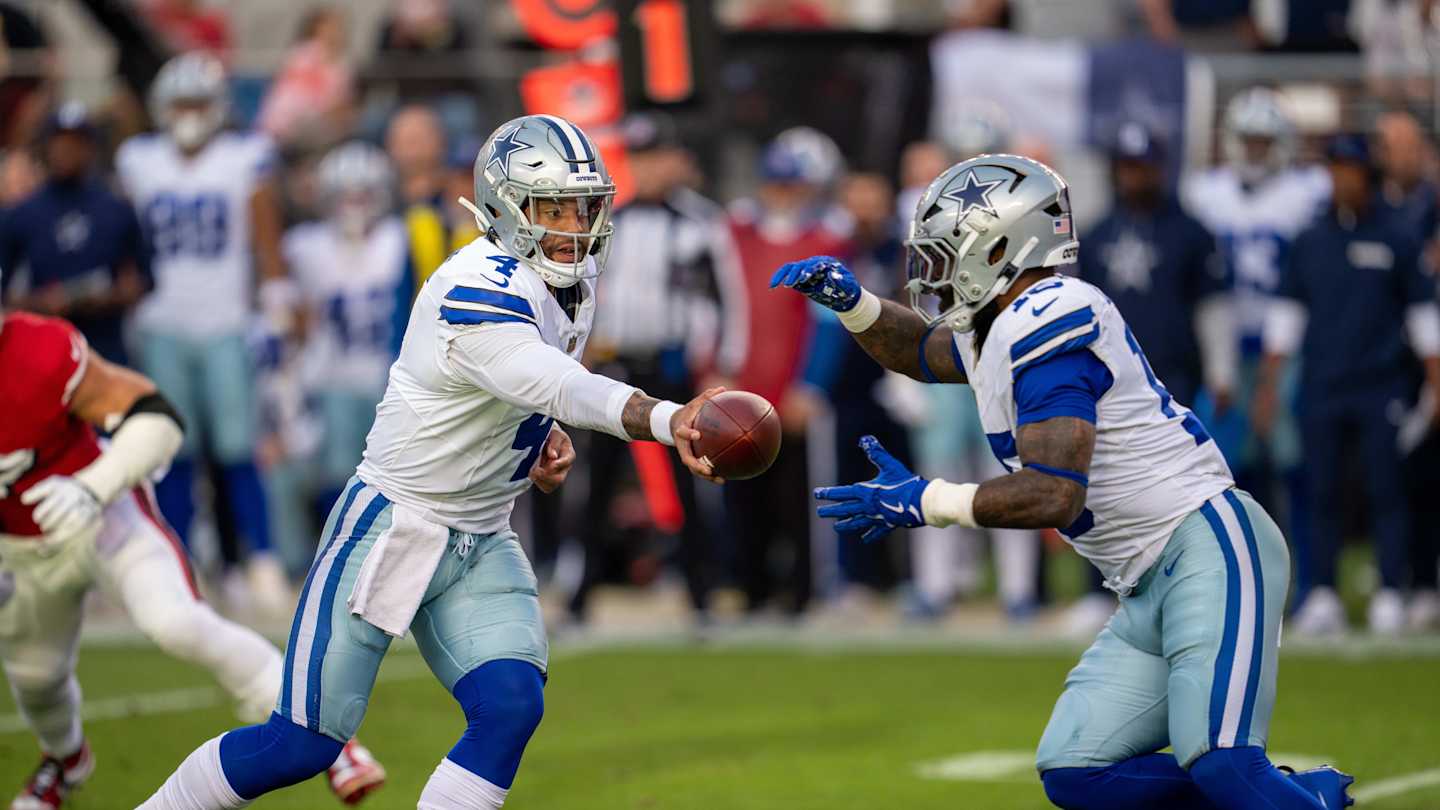Trump's Tariffs: A $174 Billion Hit To The Net Worth Of Global Billionaires (Including Buffett & Bezos)

Table of Contents
The Mechanism of Tariff-Induced Losses
Trump's tariffs, implemented as a strategy to protect American industries and jobs, functioned by imposing additional taxes on imported goods. This seemingly simple mechanism had far-reaching and complex consequences for global trade. The increased costs associated with imported materials and finished products directly impacted various sectors, most notably technology and manufacturing.
- Increased Prices: Tariffs raised the price of imported goods, leading to higher costs for consumers and businesses.
- Reduced Consumer Spending: Facing higher prices, consumers often reduced their spending, impacting demand and corporate profits.
- Decreased Corporate Profits: Companies reliant on imported goods or those exporting to countries that imposed retaliatory tariffs saw their profits shrink significantly.
- Supply Chain Disruptions: Tariffs disrupted established global supply chains, forcing companies to find more expensive or less efficient alternatives.
Examples of companies negatively affected include those in the apparel industry, which relies heavily on imported textiles, and technology firms whose supply chains were disrupted by tariffs on components from China. The ripple effect extended far beyond the directly targeted industries, influencing countless businesses and investors across the globe.
Case Studies: Billionaires Hardest Hit by Trump's Tariffs
Several high-profile billionaires felt the impact of Trump's tariffs acutely.
Warren Buffett and Berkshire Hathaway
Berkshire Hathaway, Warren Buffett's investment conglomerate, holds significant stakes in numerous companies affected by the trade war. The resulting decline in the value of these holdings directly contributed to a decrease in Buffett's net worth. Sectors like manufacturing and retail, heavily represented in Berkshire Hathaway's portfolio, experienced significant headwinds due to the tariffs.
Jeff Bezos and Amazon
Amazon, headed by Jeff Bezos, faced challenges due to tariffs on imported goods and retaliatory tariffs imposed by other countries. This impacted Amazon's supply chains, increased the cost of goods sold, and potentially affected consumer prices. The company's international operations, particularly in China, were significantly impacted by the trade disputes.
Other Notable Billionaires
Many other billionaires felt the pinch. Mark Zuckerberg, for example, saw Facebook's international operations impacted by the changing global trade landscape and retaliatory tariffs. The automotive industry, with its complex global supply chains, also experienced considerable losses, affecting the net worth of numerous billionaires invested in or leading automotive companies.
The Geopolitical Implications of Trump's Tariffs
Trump's tariffs weren't merely an economic policy; they had significant geopolitical implications. The imposition of tariffs triggered retaliatory measures from other countries, escalating into trade wars that strained international relations. This uncertainty significantly impacted global economic growth and stability.
- Escalation of Trade Wars: Retaliatory tariffs from China and other nations created a cycle of escalating trade tensions.
- Damage to International Relations: The trade disputes damaged trust and cooperation between nations, hindering diplomatic efforts and economic partnerships.
- Global Economic Slowdown: The uncertainty created by the trade war contributed to a slowdown in global economic growth.
The long-term consequences for global trade and economic partnerships remain to be fully assessed, but the initial impact was undeniably negative.
Long-Term Effects and Economic Recovery
The long-term effects of Trump's tariffs continue to be felt across various industries and economies. While some companies have adapted and recovered, others continue to struggle with the lingering consequences of the trade disputes. Businesses had to re-evaluate supply chains, explore alternative sourcing, and absorb increased costs.
- Restructuring Supply Chains: Businesses are now focused on diversifying supply chains to reduce dependence on single countries or regions.
- Increased Costs: Consumers and businesses alike continue to experience the lingering effects of increased prices.
- Geopolitical Uncertainty: The trade war highlighted the inherent risks and vulnerabilities of overly interconnected global economies.
Strategies for mitigating future economic fallout from trade disputes include diversification of supply chains, greater investment in domestic production, and fostering stronger international cooperation to avoid protectionist measures.
Conclusion: Understanding the Enduring Legacy of Trump's Tariffs
Trump's tariffs inflicted a substantial blow on the global economy, resulting in a documented $174 billion loss in the net worth of some of the world's richest individuals. This impact was felt across various sectors, with billionaires like Warren Buffett and Jeff Bezos directly experiencing the consequences. The resulting trade wars strained international relations and contributed to global economic instability. Understanding the lasting effects of these policies is crucial for navigating future economic challenges and developing strategies to mitigate the devastating impact of protectionist trade practices. Further research into the effects of Trump's tariffs and the exploration of alternative economic models are essential to preventing similar crises in the future. Understanding the complexities of international trade and the ramifications of protectionist policies like Trump’s tariffs is vital for informed economic decision-making.

Featured Posts
-
 20 23
May 09, 2025
20 23
May 09, 2025 -
 Sensex 600 Nifty
May 09, 2025
Sensex 600 Nifty
May 09, 2025 -
 If The Monkey Is 2025s Worst Stephen King Movie It Ll Still Be A Great Year For King Adaptations
May 09, 2025
If The Monkey Is 2025s Worst Stephen King Movie It Ll Still Be A Great Year For King Adaptations
May 09, 2025 -
 Rio Ferdinand Reverses Champions League Final Prediction Psg Vs Arsenal
May 09, 2025
Rio Ferdinand Reverses Champions League Final Prediction Psg Vs Arsenal
May 09, 2025 -
 Surviving The Trade War A Cryptocurrencys Path To Success
May 09, 2025
Surviving The Trade War A Cryptocurrencys Path To Success
May 09, 2025
Latest Posts
-
 Wynne Evans Seeks To Clear His Name With Fresh Evidence In Strictly Scandal
May 09, 2025
Wynne Evans Seeks To Clear His Name With Fresh Evidence In Strictly Scandal
May 09, 2025 -
 Wynne Evans New Evidence To Clear Name After Strictly Scandal
May 09, 2025
Wynne Evans New Evidence To Clear Name After Strictly Scandal
May 09, 2025 -
 Wynne Evans Health Battle Recovery Progress And Future Plans
May 09, 2025
Wynne Evans Health Battle Recovery Progress And Future Plans
May 09, 2025 -
 Show Of Support For Wynne Evans As He Addresses Allegations
May 09, 2025
Show Of Support For Wynne Evans As He Addresses Allegations
May 09, 2025 -
 Wynne Evans Illness Recovery Update And Speculation On Showbiz Return
May 09, 2025
Wynne Evans Illness Recovery Update And Speculation On Showbiz Return
May 09, 2025
